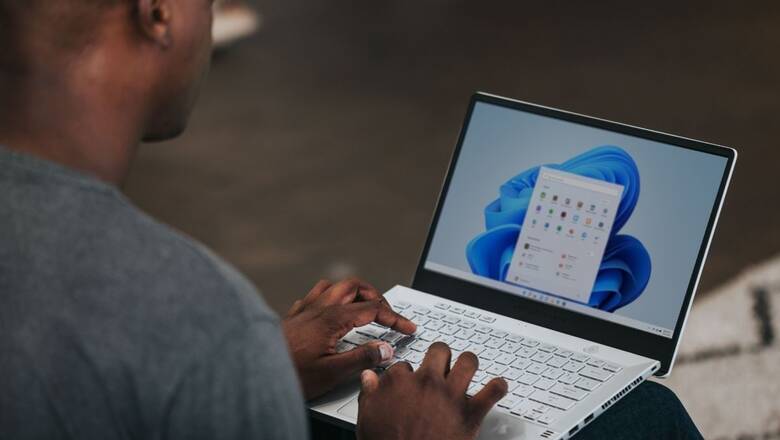
views
Microsoft is going to end Windows support in the next 12 months or so which is going to become an issue for many existing PC users. But the company is setting itself up for a big problem related to the obsolete Windows PCs that won’t be compatible for future updates.
And having PCs in that state means they will go into the e-waste bin, which as per reports, could spiral up to over 240 million PCs that will add to around 480 million kg into the existing e-waste pile. Microsoft changed its focus with the support for Windows 11 that resulted in millions of older PCs not eligible for the new version.
The company has talked about extending Windows 10 support up to 2028 but that would be done through paid service, which is unlikely to appeal to consumers across the globe.
So, the only option available to them is they can either pay for the extended Windows 10 support or upgrade to a new PC that will let them use Windows 11 and future versions for years to come.
E-waste is undoubtedly becoming a big problem for governments across the globe, which is why some of the top brands have extensively talked about using recycled materials for making their phones and other products. Microsoft clearly didn’t think it through when the support cycle for Windows 11 was going to be announced, which has brought us to the current situation that will become worse in the next few years.
Using parts from these obsolete PCs could be one way of reducing the pile up, especially when components like hard drives or RAM are still in working condition. We’ve already seen brands rely on non-plastic materials for packaging purposes, aided by decisions like removing the charger from the box, something that Apple started a few years back and now done by major companies.




















Comments
0 comment